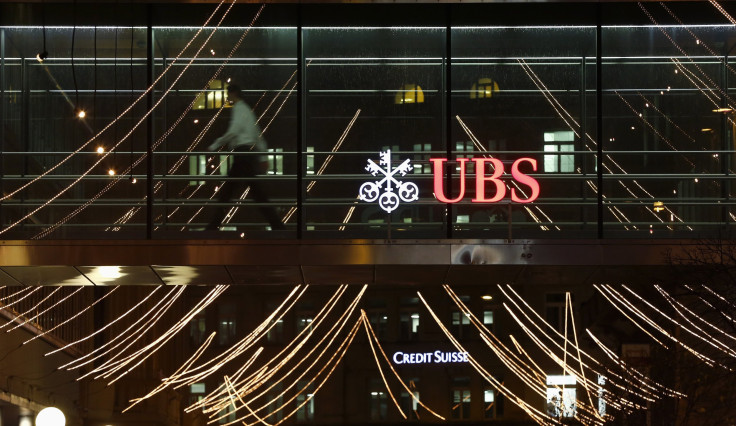Hong Kong Regulators Find UBS Engaged In Interest-Rate Rigging

Swiss bank UBS found itself involved in two market-manipulation controversies on Friday. First the bank announced it would be investigating allegations of price fixing in the precious metals market stemming from the 2012 LIBOR scandal, then the Hong Kong Monetary Authority (HKMA) accused UBS bankers of attempting to manipulate a local benchmark interest rate.
In China, UBS tried to manipulate the Hong Kong Interbank Offered Rate (HIBOR) between 2006 and 2009. The HIBOR is the rate at which banks lend to each other, often to cover short-term shortages in funds. It is used as a reference rate for lenders and borrowers doing business in Asia.
You can read about the London Interbank Offered Rate (LIBOR) here.
Interbank Offered Rates are determined by figures submitted by the major banks and are done in markets around the world. They each submit what it would cost them to borrow money from fellow banks. UBS no longer takes part in the HIBOR panel.
According to Bloomberg, investigators found around 100 internal chat messages that showed traders made “change requests” related to HIBOR. About a third of these were found to have actually affected the rate UBS submitted for the HIBOR.
The HKMA asked UBS to reprimand employees implicated in the investigation, but since the attempted manipulations had negligible effects on the HIBOR, the HKMA did not fine UBS.
UBS was the only one of the nine banks on the HIBOR panel found to have engaged in attempted rate-fixing. The bank’s stock fell 2.9 percent by the end of the day in Zurich. The bank is valued at $78.6 billion.
This marks another in a series of UBS price-fixing efforts. In 2012, UBS was fined $1.5 million for trying the same rigging scheme with global interest rates, including the LIBOR. UBS also pleaded guilty in a U.S. court last year over a 2006 rate-rigging operation undertaken by its Japanese branch. UBS was fined $100 million.
British and German regulators are investigating rate-rigging in their own precious metals markets as well. The attention has caused banks to rethink their commodities (materials like spices, rubber and metals) investments.
© Copyright IBTimes 2024. All rights reserved.






















